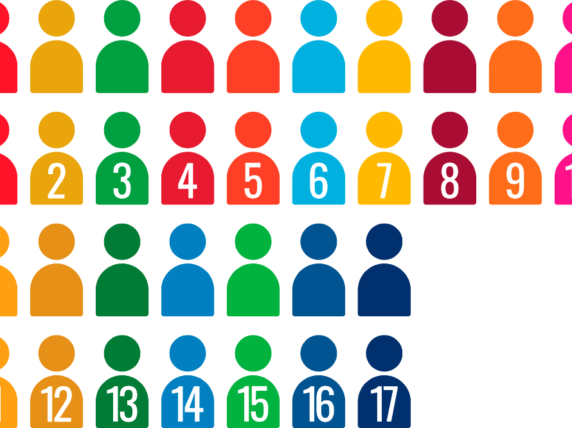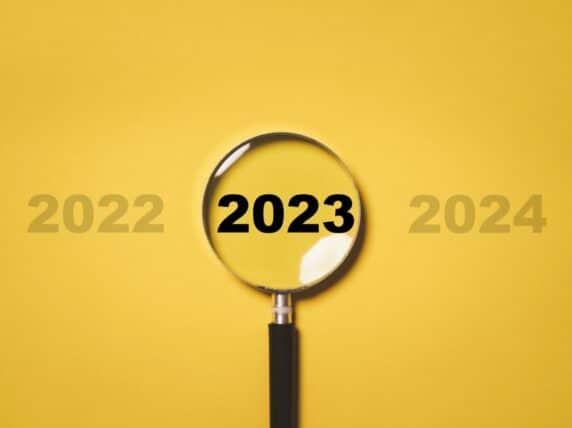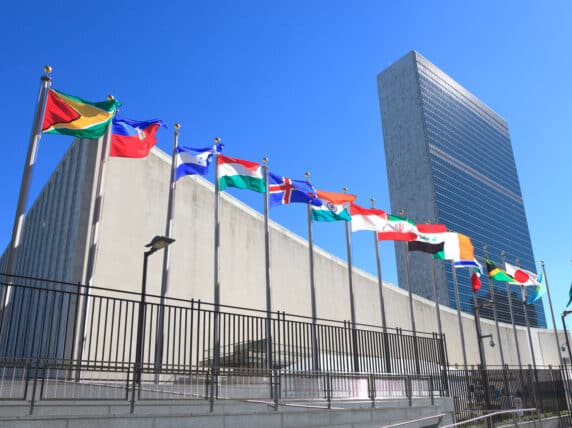How can we get the UK’s domestic delivery of the SDGs back on track?
Coinciding with the seventh anniversary of the adoption of the Sustainable Development Goals (SDGs) in 2015, and now halfway through from adoption to 2030, the UN Global Compact Network UK has released findings on the progress the UK government is making domestically towards meeting the commitments made in 2015.
Measuring Up 2.0 makes for sobering reading. The second report in the Measuring Up series shows the worsening state of many of the SDGs in the UK, especially those related to poverty and inequality. The findings indicate that quality of life will get worse in the UK if action is not taken, particularly in light of the energy and cost-of-living crises and the increased risks of climate change.
The UK is not on track
We engaged more than 100 organisations and individuals to research, analyse and review how the country is performing on the SDGs. Out of 132 targets relevant to the domestic delivery of the SDGs, we found only 17% are on track. There are gaps or inadequate performance on 64% of targets, and for 11% there is little to no policy in place and performance is poor or even declining. Compared to our first report in 2018, there have been improvements in 23 targets, regression in 18 targets, and no change in 65 targets that were rated amber or red four years ago. There are data gaps for the remaining 8% of targets.
Measuring Up 2.0 focuses on the domestic delivery of the goals in the UK. As such, it’s a ‘counterpart’ to Bond’s 2022 SDG report launched earlier this year, which looks at the UK’s international progress and gaps on the goals. However, despite the UK focus of Measuring Up 2.0, the report shows the intrinsic links between the domestic and international aspects of the 2030 agenda.
For example, the UK’s progress towards SDG 3 (good health and well-being) is being undermined by the workforce crisis in health and care services across the UK. As such, international recruitment continues to be pivotal to the government’s plans to fill these vacancies.
But the UK is not the only country experiencing a health workforce crisis. Concerningly, in April-March 2022, 3,010 professionals from Nigeria registered with the UK’s Nursing and Midwifery Council, despite Nigeria experiencing a severe health workforce shortage and where active recruitment from the UK is not permitted. In progressing SDG 3, both at home and abroad, it is vital that all international recruitment is mutually beneficial, conducted ethically, and agreed in partnership with the UK and other countries around the world.
The UK’s global contribution to the Sustainable Development Goals
This report builds on Bond’s 2019 SDG report and looks at the impact Covid-19, cuts to UK aid and other emerging threats are having on the UK’s ability to deliver the SDGs and leave no one behind.
Read the reportTurning to some of the environmental aspects of the 2030 agenda, the good news is that the UK’s material footprint, which measures the domestic and foreign extraction of materials needed to produce products used in the UK, is continuing on a general downwards trajectory. Current levels are nearly half of what they were in 1990, placing the UK among the lowest of the OECD countries.
Nevertheless, the UK is increasingly a net importer of materials; domestic extraction accounted for 40% of the UK’s material footprint in 1997, in 2018 it accounted for just 27%. When it comes to advancing not only SDG 12 (responsible consumption and production) but also SDG 13 (climate action), the UK is at risk of focusing only on our territorial emissions and forgetting about our consumption-based and Scope 3 (value chain) emissions. UK international trade deals should include climate-related risks, and their quantified impact on our overall consumption footprint, to ensure we do not undermine our own domestic efforts to tackle climate change.
Four calls to action
Our report largely echoes Bond’s assessment that, while there is a lot to celebrate, we are still leaving people and places behind. The UK government, along with other stakeholders such as businesses, is missing an opportunity to use the holistic framing of the SDGs to address systemic, interlinked challenges, both at home and abroad. To address this, we are calling for government action in four broad areas:
- Planning: We need to develop a whole-of-government, whole-of-society approach to deliver the SDGs. This overarching plan should identify how the SDGs are driving policy, domestically as well as abroad. The Cabinet Office is best positioned to lead this work.
- Leadership: We need top-level political leadership and endorsement to guarantee that the cross-departmental action necessary to achieve the SDGs is implemented, to ensure policy coherence across Whitehall, and to recognise the domestic relevance and importance of the goals. Responsibility for the goal should ideally be in the Prime Minister’s Office, or with a senior minister in a role with a significant domestic policymaking remit.
- Stakeholder engagement: The government must take immediate action to fulfil its commitment announced in the UK’s 2019 Voluntary National Review (VNR) to establish an effective mechanism to enhance stakeholder engagement and cooperation with the government in the domestic sphere.
- Reporting: The government should commit to undertaking a second VNR in 2024 and use this as an additional opportunity to engage stakeholders across the country and open a UK-wide dialogue with key actors on the SDGs.
These actions are critical for ensuring that we achieve the SDGs and that action in one area of the agenda – both domestically and internationally – doesn’t undermine progress in another.
The SDGs have tremendous potential to mobilise action across the whole of society. But we need clear government leadership supported by cross-sector action from business, civil society organisations and individuals to ensure the UK delivers on the commitments made seven years ago.
Category
News & ViewsThemes
SDGs



